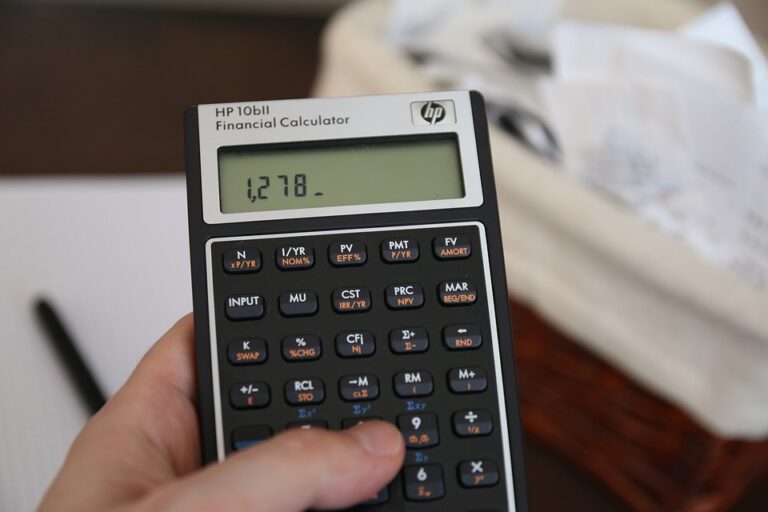Last updated Apr. 16, 2025 by Charles Zemub
Buying or selling a car privately can often be a daunting task, especially if you’ve never done it before. However, with proper guidance, you can navigate the process smoothly and efficiently. This article will guide you through nine crucial steps that will help you close a private car deal smoothly, ensuring you’re both informed and protected throughout the process.
Step 1: Research the Vehicle’s Value
Before negotiating a car deal, it’s important to know the vehicle’s market value. Utilize resources such as the Kelley Blue Book, Edmunds, or NADA Guides to determine a fair price range for the car based on its make, model, condition, mileage, and location.
Step 2: Inspect the Car
Never purchase a car without a thorough inspection. Physically examine the exterior and interior, as well as under the hood. Look for any visible damage or signs of wear and tear that may affect the value or performance of the car.
Step 3: Request a Vehicle History Report
Obtain a vehicle history report from sources like Carfax or AutoCheck. These reports provide valuable information about the car’s past, including accident history, title status, and previous ownership, which can significantly impact your purchasing decision.
Step 4: Arrange a Test Drive
A test drive is essential to ensure the car operates smoothly. Test it on various roads—both highways and city streets—to get a feel for its performance under different conditions. Pay attention to the brakes, acceleration, suspension, and any strange noises.
Step 5: Negotiate the Price
Armed with knowledge from your research and inspection, confidently negotiate the price. Be prepared to discuss any concerns you uncovered during the inspection or test drive. Remain polite but firm, and set a maximum budget that you are willing to spend.
Step 6: Agree on Terms and Conditions
Once you’ve settled on a price, it’s crucial to outline the terms and conditions clearly. Decide whether any repairs will be completed before the sale or if items such as spare keys or car manuals are included in the purchase. Ensure both parties agree to these terms in writing.
Step 7: Finalize Paperwork
Clear, accurate paperwork is essential when closing a car deal. Ensure all necessary documents, such as the title transfer, bill of sale, and any release of liability forms, are properly completed and signed. Check your local DMV’s website for specific requirements in your state.
Step 8: Secure Payment
For security reasons, cash or a cashier’s check is preferable for private car sales. Verify funds with the issuing bank if you’re accepting a cashier’s check. Avoid personal checks due to the risk of them bouncing.
Step 9: Complete the Transfer of Ownership
After receiving payment, finalize the transfer of ownership. Ensure the new owner registers the car with the DMV within the designated period, as defined by your state’s regulations. Retain a copy of all documents for your records in case any issues arise later.
✓ Short Answer
Closing a private car deal involves nine essential steps: researching the vehicle’s value, inspecting the car, obtaining a vehicle history report, arranging a test drive, negotiating the price, agreeing on terms and conditions, finalizing paperwork, securing payment, and completing the transfer of ownership. Being thorough and organized ensures a smooth transaction for both buyer and seller, reducing potential complications and post-sale issues. Prioritize secure payment methods and verify important documents to finalize a successful sale.
FAQs
What should I look for during a car inspection?
Examine the car thoroughly for any signs of physical damage or wear, and test the functionality of key components like brakes, lights, and the engine. Consider hiring a professional mechanic for an in-depth inspection.
How do I verify the information in a vehicle history report?
Ensure the VIN in the report matches the car’s VIN and cross-check reported incidents or maintenance records with the seller’s claims or additional vehicle documentation.
What paperwork is necessary to close a car deal?
Typically, you’ll need the vehicle’s title, a bill of sale, any release of liability forms, and forms for title transfer and registration as required by your local jurisdiction.
How can I protect myself during the payment process?
Request cash or a cashier’s check to reduce the risk of fraudulent payment, and confirm funds with the issuing bank if using a cashier’s check. Avoid personal checks and incomplete payment agreements.
What if the buyer or seller is from another state?
When dealing with buyers or sellers in different states, research both states’ vehicle transfer and registration requirements. This may entail extra paperwork or inspections.


